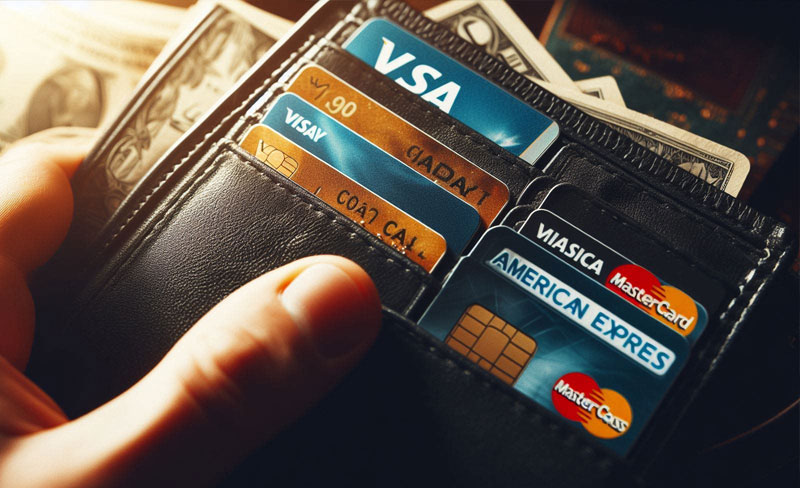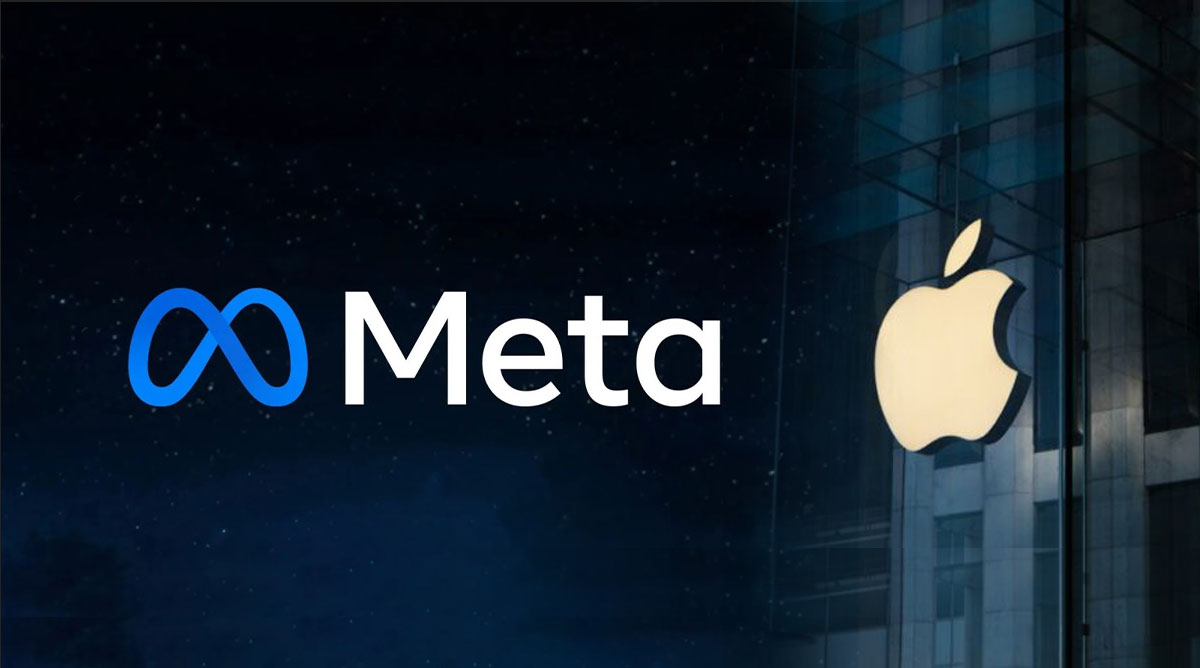Highlights
- US District Judge in Texas blocks Biden administration’s rule on credit card late fees.
- Rule aimed to save consumers $10 billion annually.
- Preliminary injunction granted to business groups challenging the rule.
A federal judge in Fort Worth, Texas, has temporarily blocked a new rule from the Biden administration that would have restricted credit card companies from charging late fees exceeding $8.
Judge Mark T. Pittman, an appointee of former President Donald Trump, issued a preliminary injunction in response to legal challenges from business and banking organisations.
Legal Challenge and Ruling
The rule, finalized in March and set to take effect soon, faced opposition from groups including the US Chamber of Commerce, which argued that it violated federal statutes. The injunction prevents the rule from being implemented until further hearings can be held to fully consider the case.
Consumer Savings and Impact
The Consumer Financial Protection Bureau (CFPB) estimated that the rule would save consumers approximately $10 billion annually by reducing the average late fee from $32 to $8. However, with the injunction in place, consumers will continue to face higher fees until a final decision is reached.
Reaction and Implications
The ruling has drawn mixed reactions. Advocates for consumer rights expressed disappointment, citing the burden of excessive late fees on individuals. However, opponents of the rule, including some in the banking and business sectors, welcomed the decision, arguing that it protects their ability to set fees based on their operating costs.
Broader Context and Administration’s Goals
The Biden administration has been pushing to eliminate what it considers “junk fees” in various sectors, including credit cards. This effort is part of a broader agenda to ease financial pressures on Americans, especially amid economic challenges such as high inflation rates.
Future Outlook
The ruling on the credit card late fee rule is expected to prompt further legal proceedings. The outcome of these proceedings will determine whether the rule will be permanently blocked or eventually implemented, impacting the costs borne by credit card users across the country.
The US Chamber of Commerce has not yet provided a public response to the judge’s decision.
More on VOU
The Persistence of Unhealthy Diets in the United States: An Examination
Highlights The State of American Diets Recent research from Tufts University, published in the Annals of…
Here’s Why Refined Sugar is a Slow Poison According to Nutritionists
Highlights White sugar, also known as refined sugar, is a staple in many diets worldwide. While…
ByteDance Teams Up with Broadcom and TSMC to Develop 5nm AI Chip
Highlights: ByteDance’s Strategic Move in AI Chip Development TikTok’s parent company, ByteDance, has embarked on a…
Apple and Meta Eyeing AI Partnership
Highlights Apple and Meta’s AI Vision Apple is reportedly in talks with Meta to explore a…





